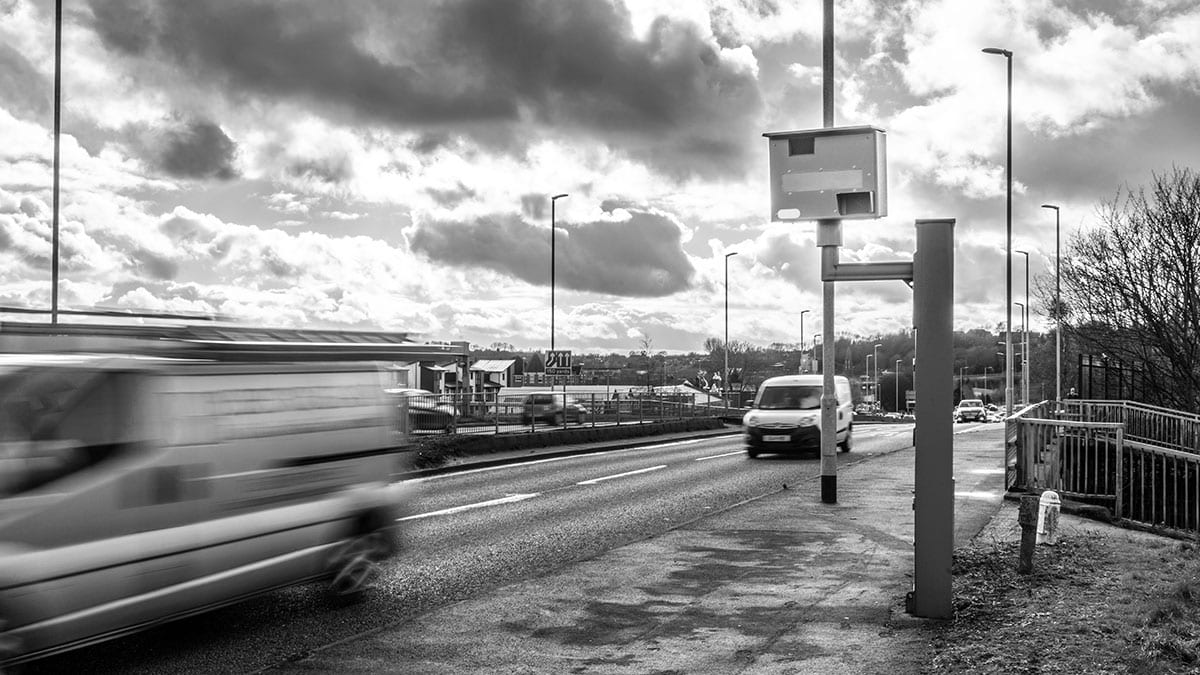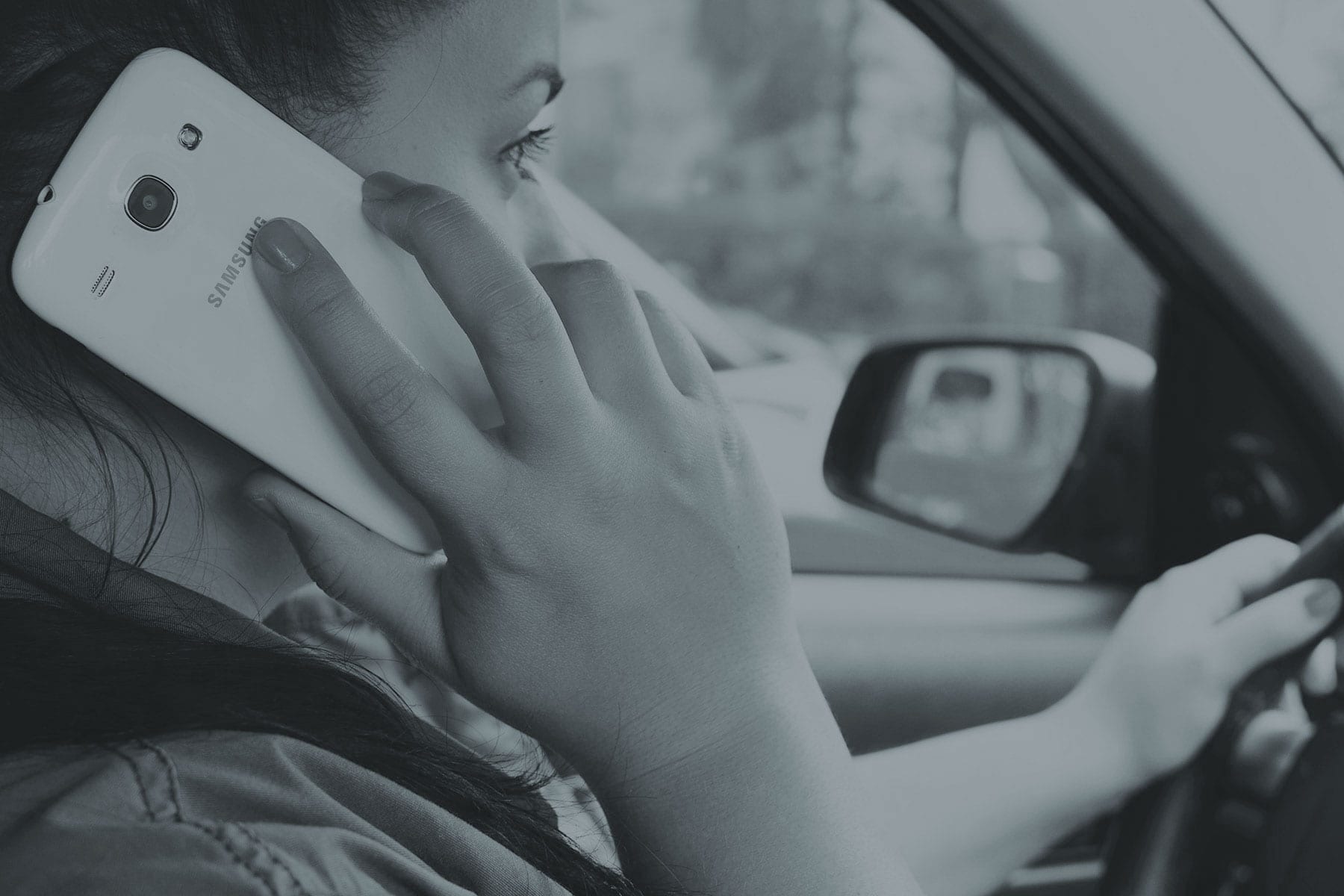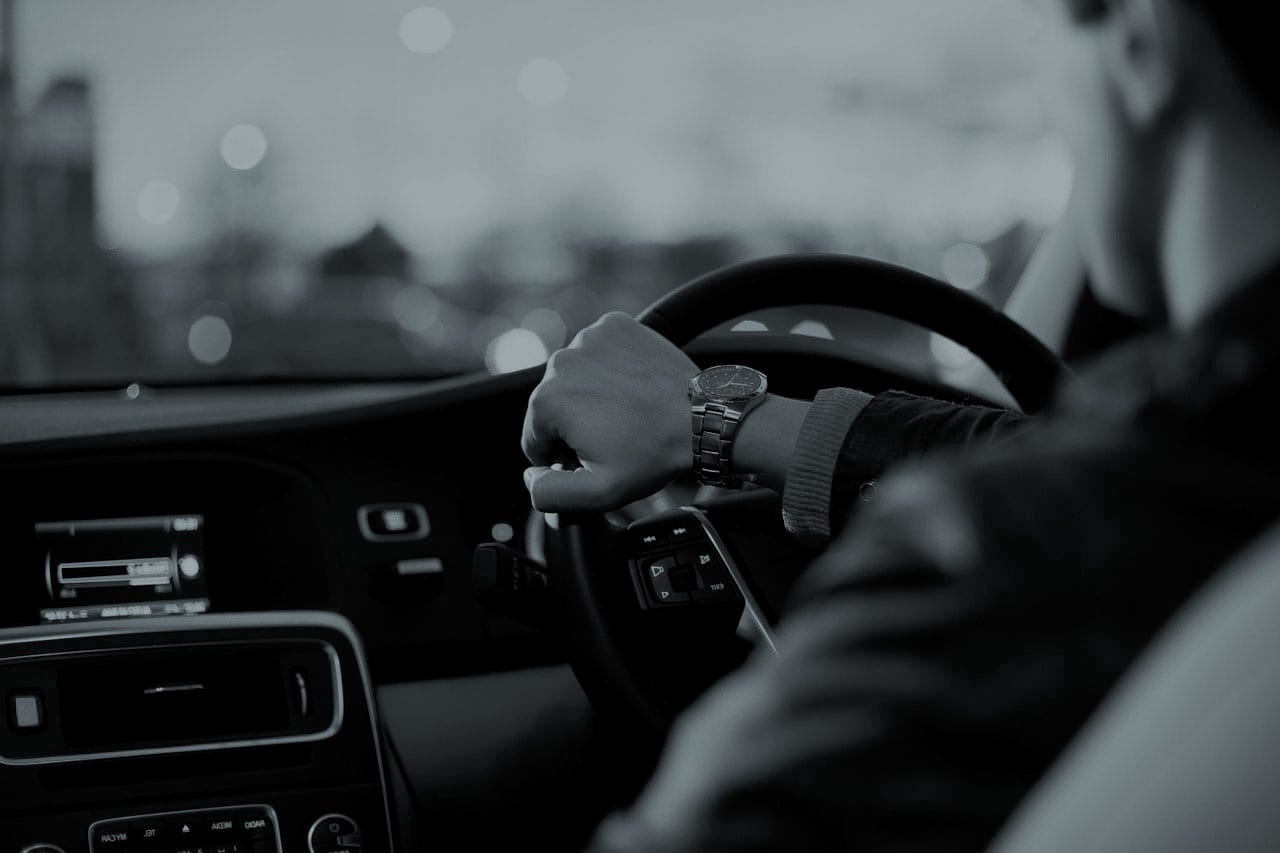If you are arrested for a driving offence, you will be taken to a police station where you will be questioned further.
If you are arrested for a driving offence, you will be taken to a police station where you will be questioned further.
Appointing a solicitor if you are arrested could be the most important decision you make in your defence. Remember these two simple pieces of advice:
It is YOUR LEGAL RIGHT to have a solicitor present if you are arrested.
You should ALWAYS ASK FOR A SOLICITOR before answering any police questions.
You may feel that involving a lawyer will mean the authorities are more likely to perceive you as guilty or that you will receive better treatment if you help the police with their investigation. Regardless of how you feel or what you are told, you will ALWAYS be better off if you seek legal representation at the earliest possible opportunity. An expert driving offence lawyer will be able to advise you on what you should do or say in your best interest. A solicitor will also be able to protect you against oppressive police interview tactics and monitor police evidence gathering procedures to ensure they comply with legal and scientific standards.
If you are arrested, call Ashman’s Motoring Lawyers immediately on 03330096275.
Your rights
Police must caution you if they arrest you. You will likely be familiar with the official legal police caution:
“You do not have to say anything. But it may harm your defence if you do not mention when questioned something which you later rely on in Court. Anything you do say may be given in evidence.”
Once you have been arrested you can be held for 24 hours and no longer. But, a judge can extend this to 36 or even 96 hours for serious offences.
Whilst in custody you have the right to:
- seek free legal representation
- have regular food, drink and toilet breaks (15 minutes every 2 hours, normal mealtime breaks)
- let someone know where you are
- receive medical help if needed.
- To see the police code of conduct police and a written notice detailing your rights in your own language.
seek free legal representation
have regular food, drink and toilet breaks (15 minutes every 2 hours, normal mealtime breaks)
let someone know where you are
receive medical help if needed.
To see the police code of conduct police and a written notice detailing your rights in your own language.
Police interviews
Police officers MUST:
- Record the entire interview noting who was present, the time and location of the interview and the time any breaks started and ended.
- Provide an appropriately qualified interpreter so the interview can take place in your language and provide translations of any documentation.
- Approach an interview without ‘prejudice’. This means they must keep an open mind and cannot interview having already decided that you are guilty.
Police MUST NOT:
- Question you in an unfair or ‘oppressive’ way. This means they cannot:
- Lie to you
- Intimidate you
- Hurt you physically
- Threaten to hurt you or your friends or family.
- Breach your rights under the Human Rights Act 1998 or Equalities Act 2010.
- Hold you in police custody for more than 24 Hours without charge.
Police CAN:
- Be persistent and forceful in their questioning. Whilst police cannot use oppressive questioning, it is their job to find out the true nature of events which took place.
- Apply to a judge to extend your detention up to 96 hours.
Police must follow these rules when interviewing you. If they do not, any incriminating evidence or confessions you provide may not be admissible in court.
Tests, Samples and Searches
Roadside field impairment tests and breathalyser results cannot be used in court to establish your guilt. Police must obtain further samples which can be legally used as evidence. Here is everything you should know.
Police CAN:
- take photos, DNA samples and fingerprints without your permission,
- require you to take an evidential breath test, blood test or urine test, even if your solicitor is not present.
- charge you for failing to provide a specimen if you cannot provide a valid legal reason for not doing so,
- search you and conduct a strip search as long as the officer has a reason for a more detailed search, the searching officer is of the same sex and there is an adult presence if you are age 17 or under,
- require you to undertake a more intimate search if there is a legitimate reason to do so.
Police MUST NOT:
- require you to give a sample of blood, urine or breath if you have legitimate, medically verified reasons for not wanting to provide a sample. For example, breathing problems or a fear of needles, if supported by a doctor, would be a valid reason for a refusal. You cannot refuse on religious grounds
- take an evidential breath sample if you have consumed alcohol, eaten, or used any medication, mouth wash, or mouth spray within a 20 minute period before the breath test is due to take place.
- conduct an intimate search relating to a drug offence unless the search is completed by a medical professional.
- conduct an intimate search without first gaining your consent.
Police MUST:
- complete Manual Guidance Drink/Drug Driving (MGDD) documents with you accurately and in full.
- be properly trained in the use of testing equipment and testing procedure
- only take evidential samples at a police station or hospital
- ensure any blood samples are taken by a doctor or registered healthcare professional.
- take two evidential samples of blood urine or breath and discard the highest result.
- use a government approved device for taking evidential breath samples
- provide you with the option of obtaining a portion of your sample.
- secure your consent for blood or urine samples to be taken and tested, and explain that if you do not consent, you may be charged for failure to provide a specimen unless you can provide a valid medical reason.
Release, charge and bail in driving offence cases
Police can only hold you at a police station for 24 hours, unless this period is extended by a judge. After 24 hours police must do one of the following:
Release you without charge.
Release you on bail without charge: This means you have been released pending further investigation. If you have provided a blood or urine sample, you will likely be bailed without charge until the results come back. If you fail to attend the police station in line with your bail conditions, you can face further charges.
Release you on bail after charge: Police are satisfied they have enough evidence to charge you. You will be allowed to leave but given a date to attend a magistrates court when your case will begin. Your bail may include conditions like surrendering your passport , reporting regularly at a police station wearing an electronic tag, or making financial payments designed to prevent you from absconding from justice.
Hold you on remand: If you are charged with a serious crime, have a history for breaking bail conditions, or police believe you may commit further criminal offences, you will likely be taken to prison until the date of your hearing at a magistrate’s court.



